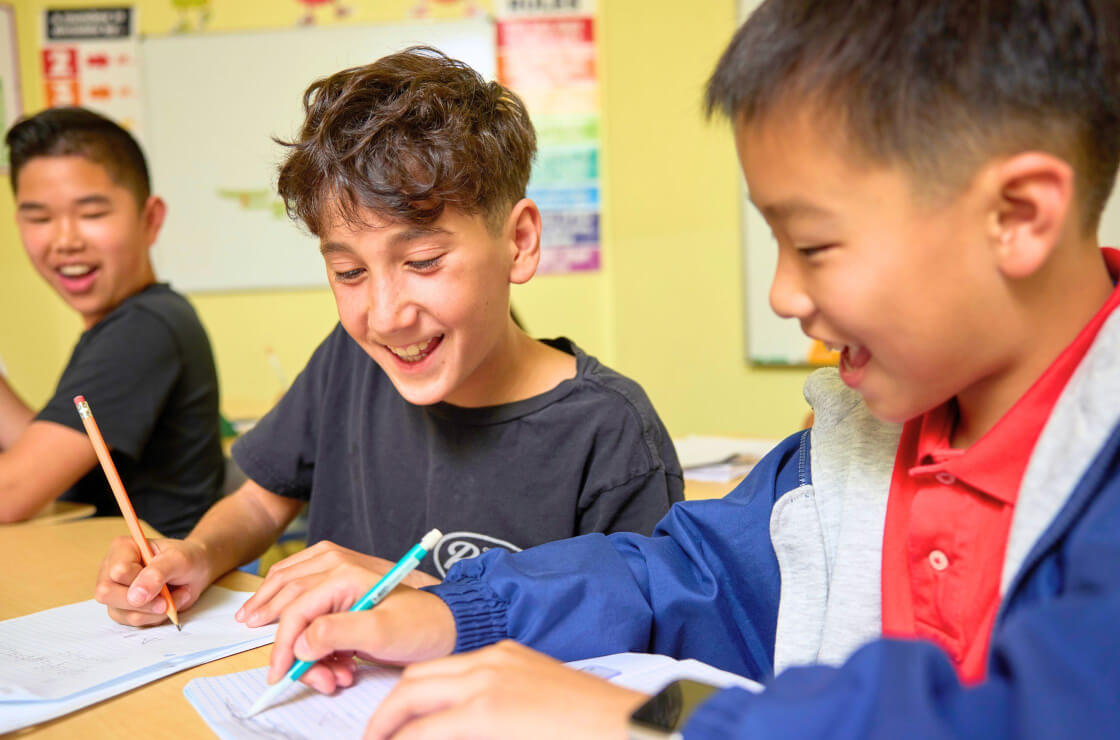Two-thirds of the “reading achievement gap can be explained by unequal access to summer learning opportunities during elementary school” says Lorna Smith in “Slowing the Summer Slide.” The slide begins in elementary school, Smith says. Over time, the lack of access to learning opportunities accumulates, becoming a determinant of whether or not students follow a college-preparatory track.
It’s also been proven that parents have trouble ensuring children are productive in the summer. While we want kids to enjoy those carefree, exciting summers they dream of, they shouldn’t lose the high scores and abilities they’ve already achieved.
The Benefits of Summer School
Your kids need that access to summer learning activities, whether they’re excited about it or not. And we’ve found that the most effective summer learning activities involve both academic and social skills.
Summer schools prepare children for the upcoming year and reinforce work already done. By participating, students can become comfortable with new topics, from learning to read to building advanced math skills, without the additional burdens of the academic year.
And while most children don’t find the thought of summer days spent on academics appealing, they can have just as much fun in the classroom, creating strong friendships based on classroom collaboration.


